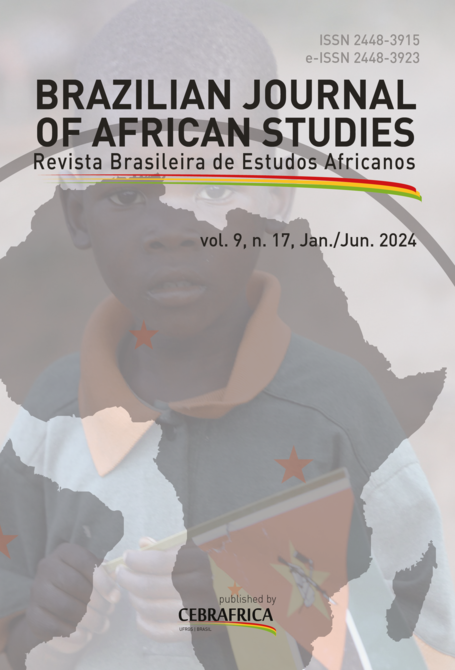THE AMALGAMATION OF 1914 AND THE NIGERIAN CIVIL WAR: THE BURDEN OF BLAME
DOI:
https://doi.org/10.22456/2448-3923.140618Keywords:
Civil war. Amalgamation. Colonialism. Regionalism. Political economy.Abstract
In the face of daunting challenges facing the Nigerian state, in terms of civil unrest, poverty, under-development, terrorism, militancy, etc, there is more than enough evidence to show that the foundation of these problems was cast long before Nigeria’s independence. This perhaps sheds immense light on the origin and complexity of the Nigerian problem. However, the ruling class is repugnant to open the Pandora box, so as not to divide a country, which is already divided. The study adopts the structural political economy theory to understand the role of the British and Nigerian political elites in shaping Nigeria’s fate. Using the eventuality of the Nigerian civil war with recourse to the historical analytical method of qualitative research, this paper traces the origin of Nigeria’s problem to the British and British pronouncement of 1914. It further argues that if the issues of our union as a nation are not treated, there will be more internal strife, corruption and underdevelopment in Nigeria.
Downloads
Downloads
Published
How to Cite
Issue
Section
License
The author will hold copyright over the published articles and retain publishing rights.

Brazilian Journal of African Studies is licensed under a Creative Commons Atribuição 4.0 Internacional.


